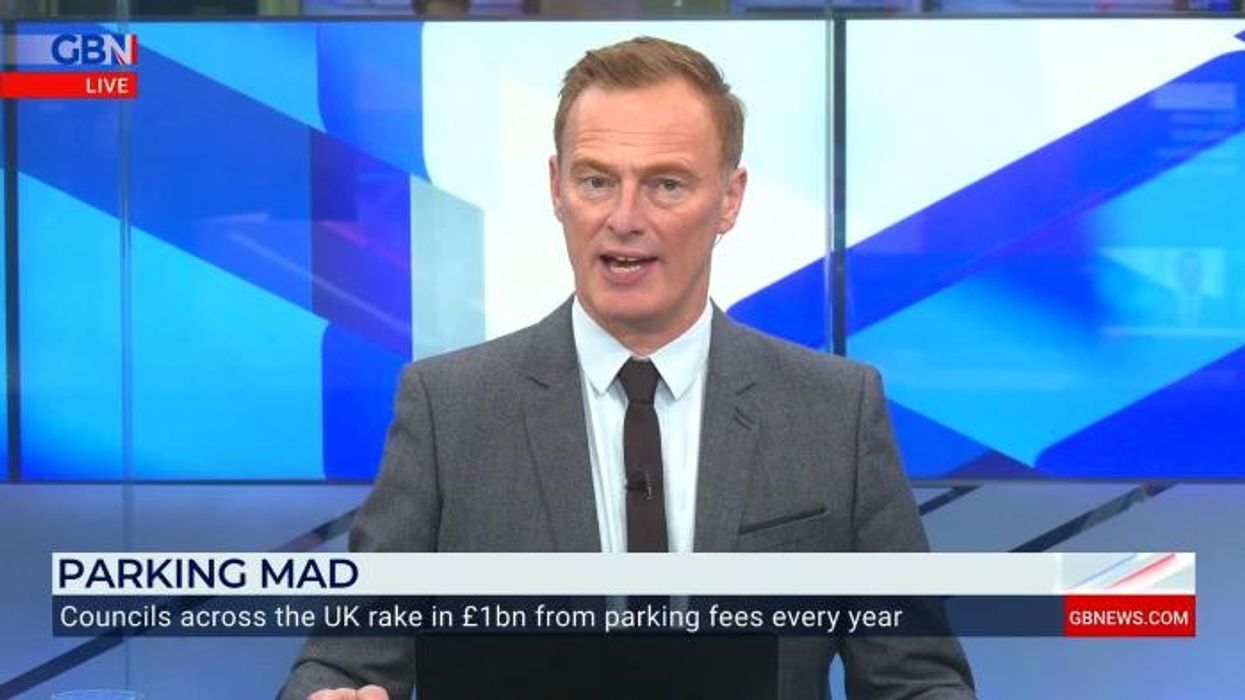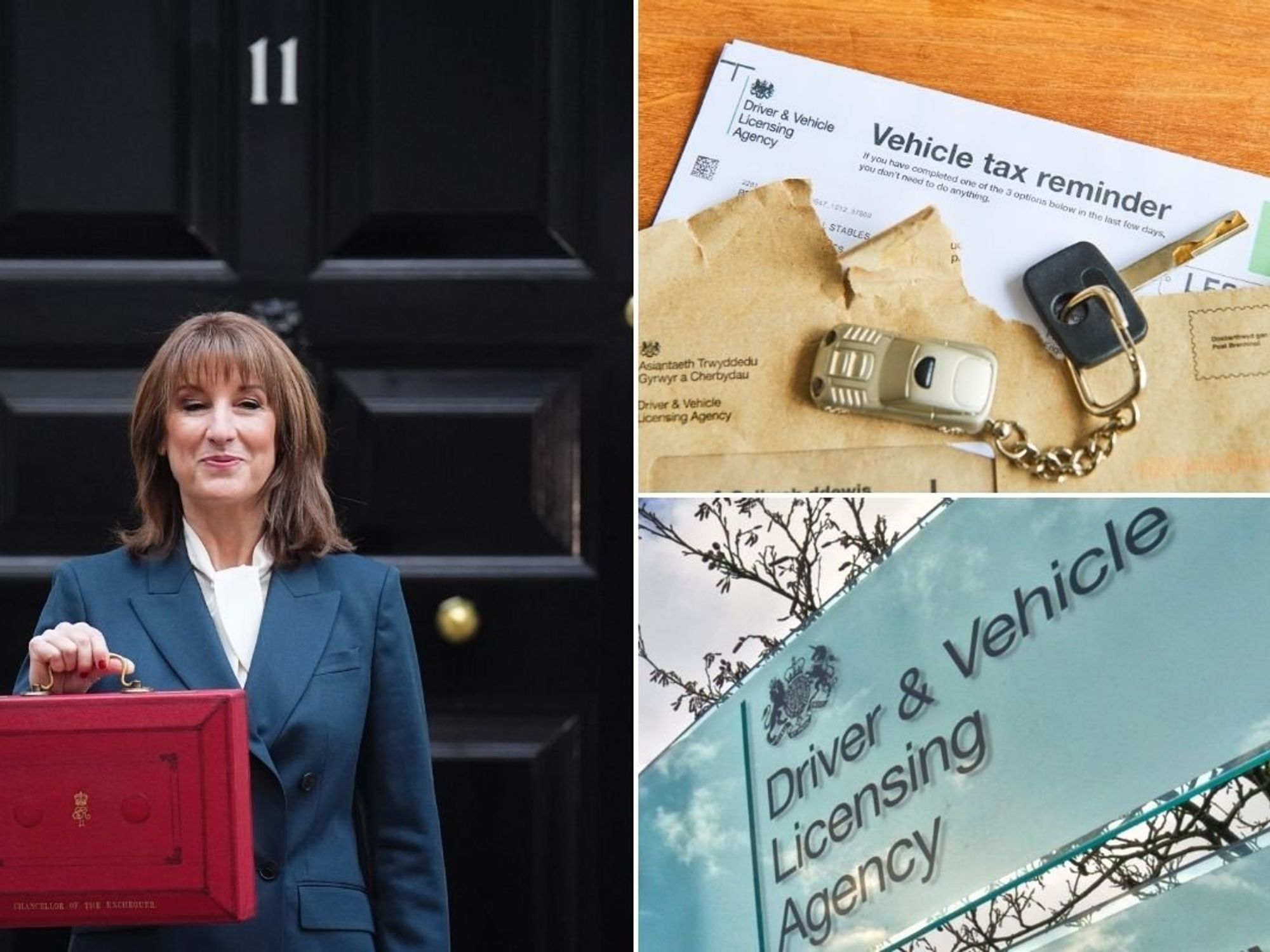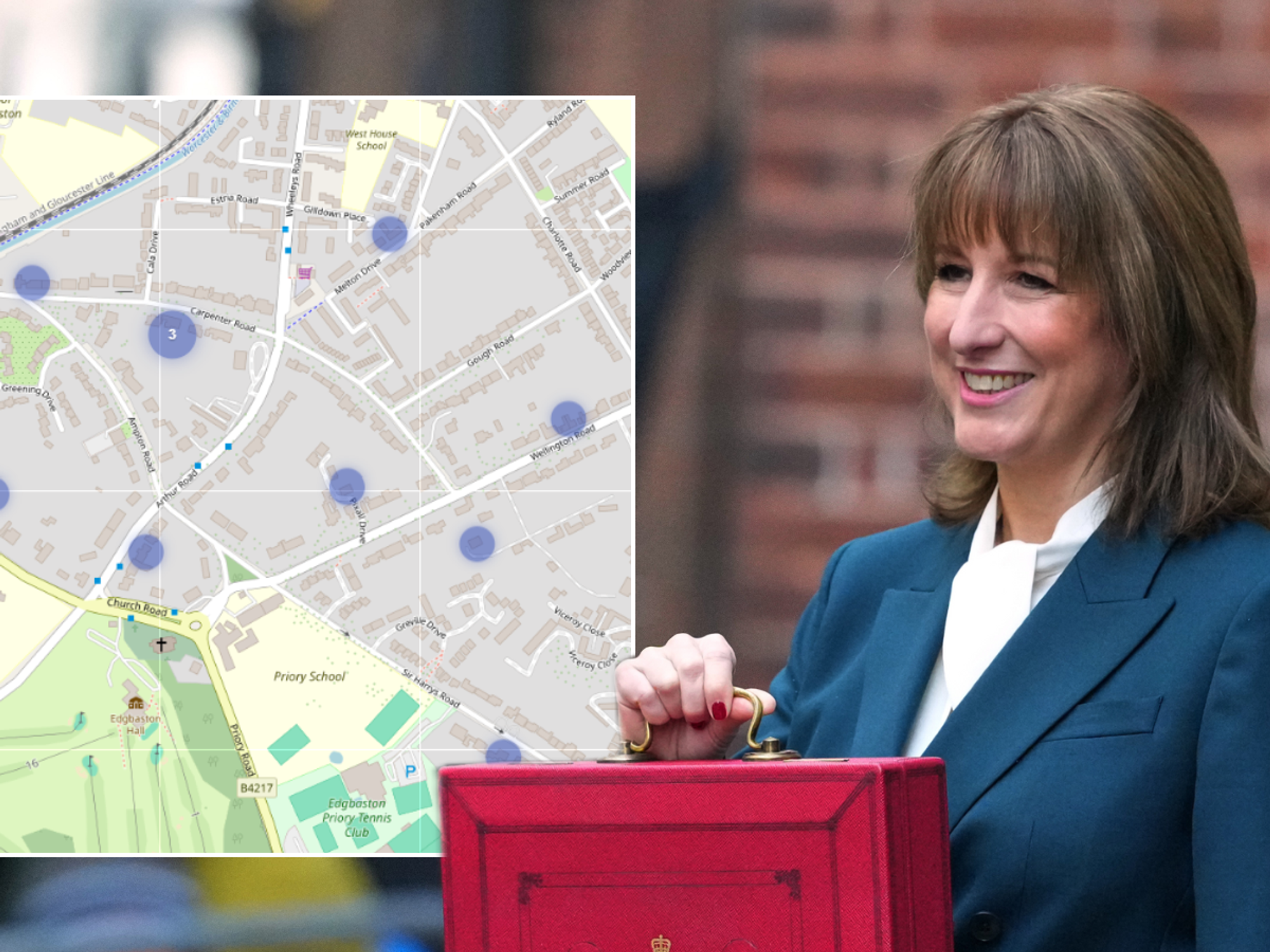Labour council to 'screw' petrol and diesel drivers with new 100 per cent emission-based parking charges

Reading Borough Council proposes new emission-based parking to come into effect in April
Don't Miss
Most Read
A major town is set to introduce new emission-based parking charges with petrol and diesel owners being warned of price hikes.
Reading Borough Council will discuss the new measures next week at a council meeting with plans to bring in the new parking charges by April this year.
The emission-based parking would be linked through the RingGo parking app which has access to DVLA records to determine the pollution level of vehicles.
The data enables the service to identify the number of petrol, diesel or environmentally friendly fuels such as electric cars which would then be charged based on the council plans.
Do you have a story you'd like to share? Get in touch by emailing motoring@gbnews.uk
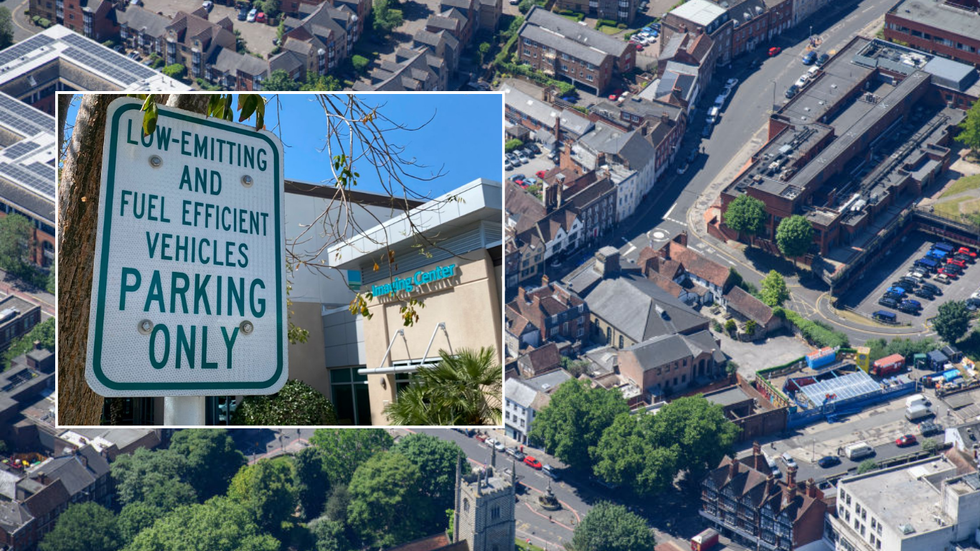
The charges would see more polluting vehicles pay a higher surcharge for parking
|GETTY
The council hoped that the new charges would “encourage those with the most polluting vehicles to choose other modes of transport”.
It also follows reports that 88 per cent of all vehicles which use the parking app are either petrol or diesel with only a small percentage (six per cent) being electric.
The charges would see an additional tariff introduced for motorists for on-street parking. It would require drivers to pay an extra 20 per cent for petrol cars and 25 per cent for diesel cars based on carbon emissions.
The charges would see vehicles which emit between 131 and 150g/km pay an extra £1.80 for the highest parking time frame with three hours costing £9 under the new charges. Vehicles which emit more than 255 g/km would see costs increase by 100 per cent to £18 for three hours.
Types of vehicles which would fall within each emissions category
151-170g/km
- Ford Focus (1.0 EcoBoost)
- Vauxhall Astra (1.2 Turbo)
- Mini Cooper (1.5)
171-190g/km
- Nissan Qashqai (1.3 DIG-T)
- Kia Sportage (1.6 T-GDi)
- Hyundai Tucson (1.6 T-GDi)
191-225g/km
- Land Rover Discovery Sport (2.0 D180)
- Ford Kuga (2.0 EcoBlue)
- Skoda Kodiaq (2.0 TDI)
226-255 g/km
- Jeep Grand Cherokee (3.0 V6 CRD)
- Toyota Land Cruiser (2.8 D-4D)
- Mitsubishi Shogun (3.2 DI-D)
Over 255 g/km
- Range Rover (5.0 V8 Supercharged)
- BMW X7 (M50i)
- Mercedes-Benz G-Class (G63 AMG)
Councillor John Ennis said: “Petrol and diesel vehicles emit pollution which can be particularly damaging to vulnerable individuals such as children, older people and individuals with lung and heart conditions.
“Emission-based parking charges means those motorists with higher polluting vehicles pay more, while those with lower or zero emission vehicles pay less.
“We believe it is an effective way of helping to reduce the number of high emission vehicles, while improving air quality, benefitting health and helping achieve our ambitions to be a net zero borough.”
The council did note that it would look at reviewing tariffs for EV vehicles “given the evidence base around increased particulates production”.
LATEST DEVELOPMENTS:
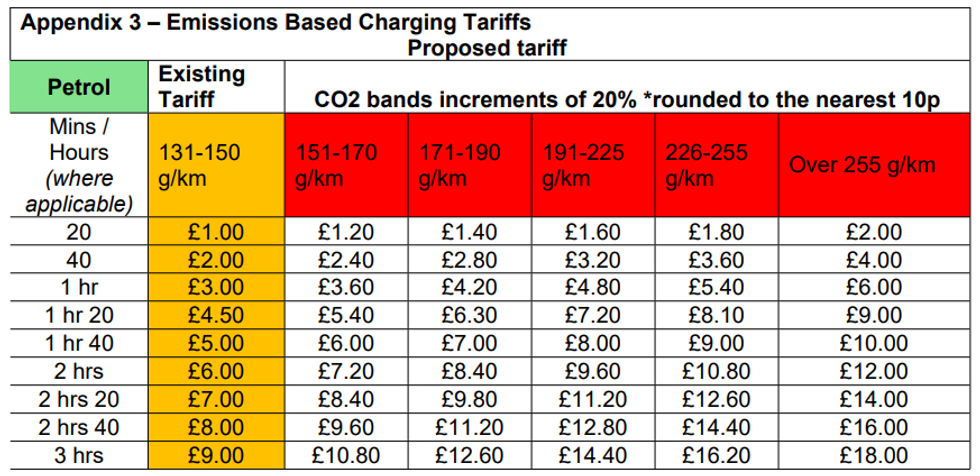
Charges would see some drivers pay 100 per cent more for parking under the proposal
|READING BOROUGH COUNCIL
The review would look at the benefits of either a combined weight and emissions scheme or a size-based tariff which would impact petrol, diesel and electric cars. These measures are currently being considered by Oxford and Bristol councils.
Council documents added: “Failure to introduce emissions-based charging would limit the council’s ability to influence the impact of internal combustion engine emissions and pollution and encourage a shift towards more sustainable forms of transport.
“It would also continue to impact on poor health outcomes, particularly for the younger and more elderly population. Higher parking charges for the most polluting vehicles is one of a number of tools available to encourage behaviour change.”
The new emission-based parking charges are estimated to help generate £330,000 per year across pay and display and resident permits.
But responses to the proposed tariffs have already been met with driver fury with one person sharing: "Anything to screw the nation! Is this another Labour gimmick to lead the nation to bankruptcy? Do they know that people driving older cars are those who cannot afford newer cars?"


